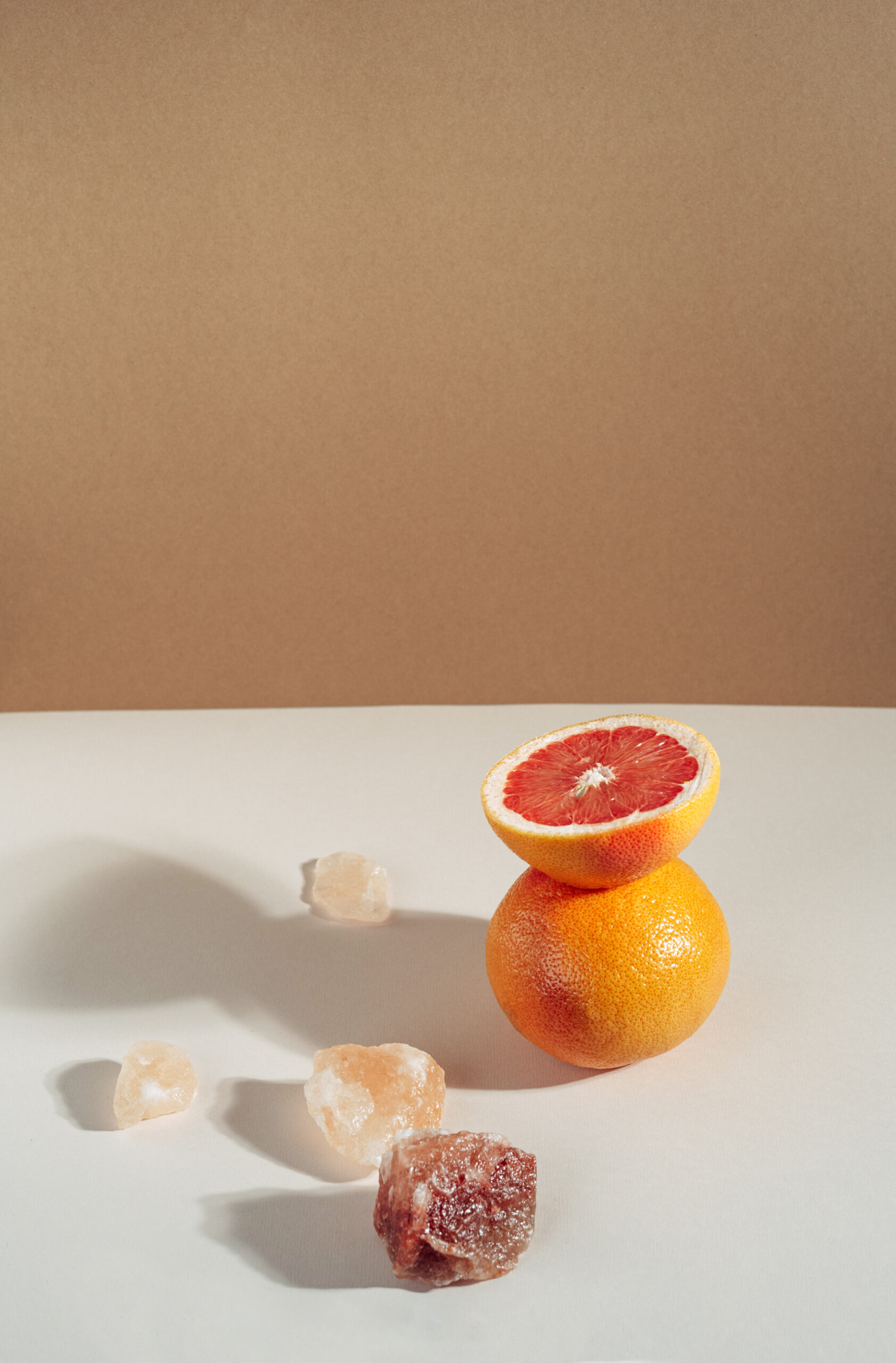What foods should I avoid if I have kidney stones?
Title: Foods to Avoid if You Have Kidney Stones: Taking Control of Your Diet
Introduction:Dealing with kidney stones can be incredibly uncomfortable and painful. The good news is that by making some dietary changes, you can reduce your risk of developing new stones and manage existing ones more effectively. One of the key aspects of this is avoiding certain foods that can potentially contribute to the formation of kidney stones. In this blog, we will explore the foods you should avoid if you have kidney stones and the reasons behind it.
1. Oxalate-rich Foods:Oxalate is a compound found naturally in several foods, and it can bind with calcium in the kidneys to form kidney stones. Limiting the intake of oxalate-rich foods can be helpful in preventing the formation of new stones. Some common foods high in oxalate include spinach, rhubarb, beets, Swiss chard, nuts, tea, and chocolate. While you don’t have to completely eliminate these foods from your diet, it is advisable to consume them in moderation.
2. Sodium-rich Foods:Excessive intake of sodium can lead to an increase in calcium levels in the urine, making it easier for stones to form. Therefore, it is crucial to limit your sodium intake. Processed foods, packaged snacks, and fast food items tend to be high in sodium, so it’s important to avoid or minimize their consumption. Instead, opt for fresh fruits and vegetables, lean meats, and whole grains.
3. Animal Protein:Animal protein, including red meat, poultry, and fish, can contribute to the development of kidney stones. These foods contain purines, which are broken down into uric acid and can promote stone formation. If you have a history of kidney stones, it is recommended to limit your intake of animal protein and focus more on plant-based protein sources such as legumes, tofu, and quinoa.
4. High-oxalate Beverages:Certain beverages can be high in oxalate and may increase the risk of kidney stone formation. These include sweetened drinks, such as colas and fruit juices, as well as alcoholic beverages. Instead, opt for water as your primary source of hydration. Increasing your water intake can help dilute substances in the urine that can contribute to stone formation.
5. Calcium-rich Foods (in excess):While calcium is essential for our overall health, consuming excessive amounts of calcium through supplements or dairy products can increase the risk of calcium-based kidney stones. The key is to maintain a balanced intake of calcium, ensuring you get enough but not too much. It’s generally recommended to meet your calcium needs through dietary sources rather than supplements. Good sources of dietary calcium include low-fat dairy products, fortified plant-based milks, and leafy green vegetables.
Conclusion:By being mindful of the foods you consume, you can take an active role in managing kidney stones. Avoiding or limiting certain foods, such as oxalate-rich foods, sodium-rich foods, animal protein, high-oxalate beverages, and excess calcium, can help reduce the risk of stone formation. It’s important to note that everyone’s nutritional needs are unique, so consulting with a healthcare professional or registered dietitian is recommended to develop a personalized dietary plan that suits your specific needs. With the right choices, you can make a positive impact on your kidney health and minimize the chances of future kidney stone formation.



